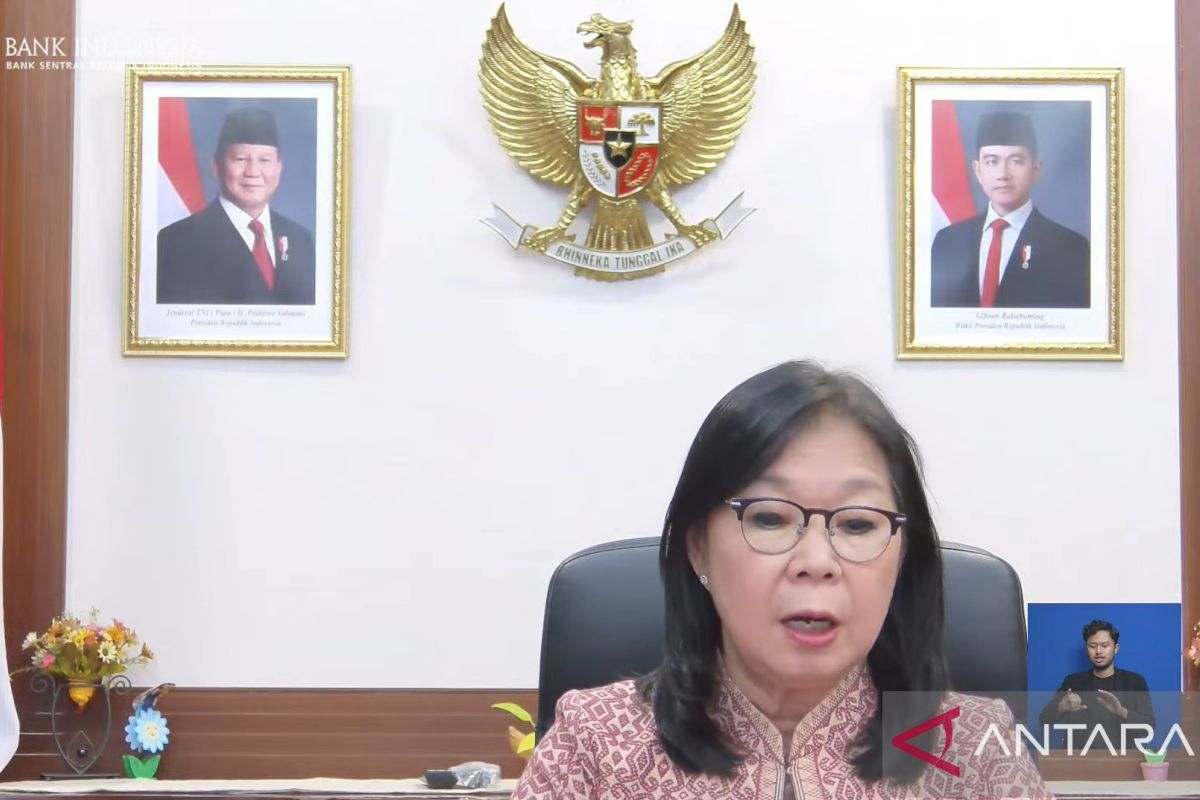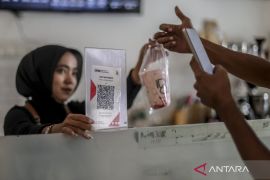BI Deputy Governor Filianingsih Hendarta stated that regarding the rollout in Japan, BI has agreed on a series of technical steps up to the sandbox trial stage with the Japanese payment system authority, beginning in mid-May 2025.
"We hope that if there are no major obstacles, we can officially launch outbound QRIS on August 17. This means Indonesians travelling to Japan will be able to make payments by scanning QR codes there," she said at a press conference on Wednesday.
Progress has also been made in cooperation with China. China's UnionPay International and the Indonesian Payment System Association (ASPI) have agreed to finalize business, technical, and operational arrangements.
Four national switching service providers—PT Rintis Sejahtera (Rintis), PT Alto Network (Alto), PT Artajasa Pembayaran Elektronis (Artajasa), and PT Jalin Pembayaran Nusantara (Jalin)—have signed an agreement with UnionPay International to proceed with system development and sandbox testing.
"We hope the trials can also be conducted on August 17," she added.
Related news: Indonesia open to all foreign payment system operators: Minister
Meanwhile, regarding cross-border QRIS cooperation with India, Filianingsih noted that ASPI and NPCI International India are still in the technical discussion stage.
She also mentioned that cross-border QRIS collaboration with South Korea is currently under industry-level review and finalization by ASPI and the Korean Financial Telecommunications and Clearings Institute.
In addition, Filianingsih said that discussions have been initiated with the Saudi Arabian Monetary Authority.
Currently, the Kingdom of Saudi Arabia's Ministry of Hajj and Umrah is promoting a program to enable digital payments for Hajj and Umrah pilgrims, particularly from countries with large pilgrim populations, such as Indonesia.
"Later this month, we expect to hold intensive discussions with the Ministry of Hajj and Umrah of Saudi Arabia," she stated.
Filianingsih explained that the main challenge in implementing cross-border QRIS lies in the differing institutional structures of payment systems in each country.
Related news: BI ready for US QRIS cooperation despite trade concerns
Cross-border QRIS cooperation must begin through coordination with the payment system authority, but not all countries place their payment system authority under the central bank, as Indonesia does.
As a result, BI must first assess the authority structure of each partner country, adjust regulatory frameworks, and align payment system infrastructures. Only then can cooperation proceed to involve industry players and system testing (sandbox).
At the same press conference, BI Governor Perry Warjiyo emphasized that the development of cross-border digital payments is guided by three core principles: national interest, inter-authority synergy, and support from industry players.
This approach is outlined in Indonesia’s payment system blueprint, which incorporates international cooperation as a key element of the national strategy.
"There are stages where industry stakeholders will engage directly. Once aligned with national interests and industry agreements, implementation will be carried out across all players," he explained.
So far, cross-border QRIS payments have been successfully implemented in Malaysia, Thailand, and Singapore.
Related news: QRIS Tap revolutionizes payments: 0.3 seconds for transactions
Related news: QRIS to be rolled out in more countries: BI
Translator: Bayu Saputra, Yashinta Difa
Editor: M Razi Rahman
Copyright © ANTARA 2025












